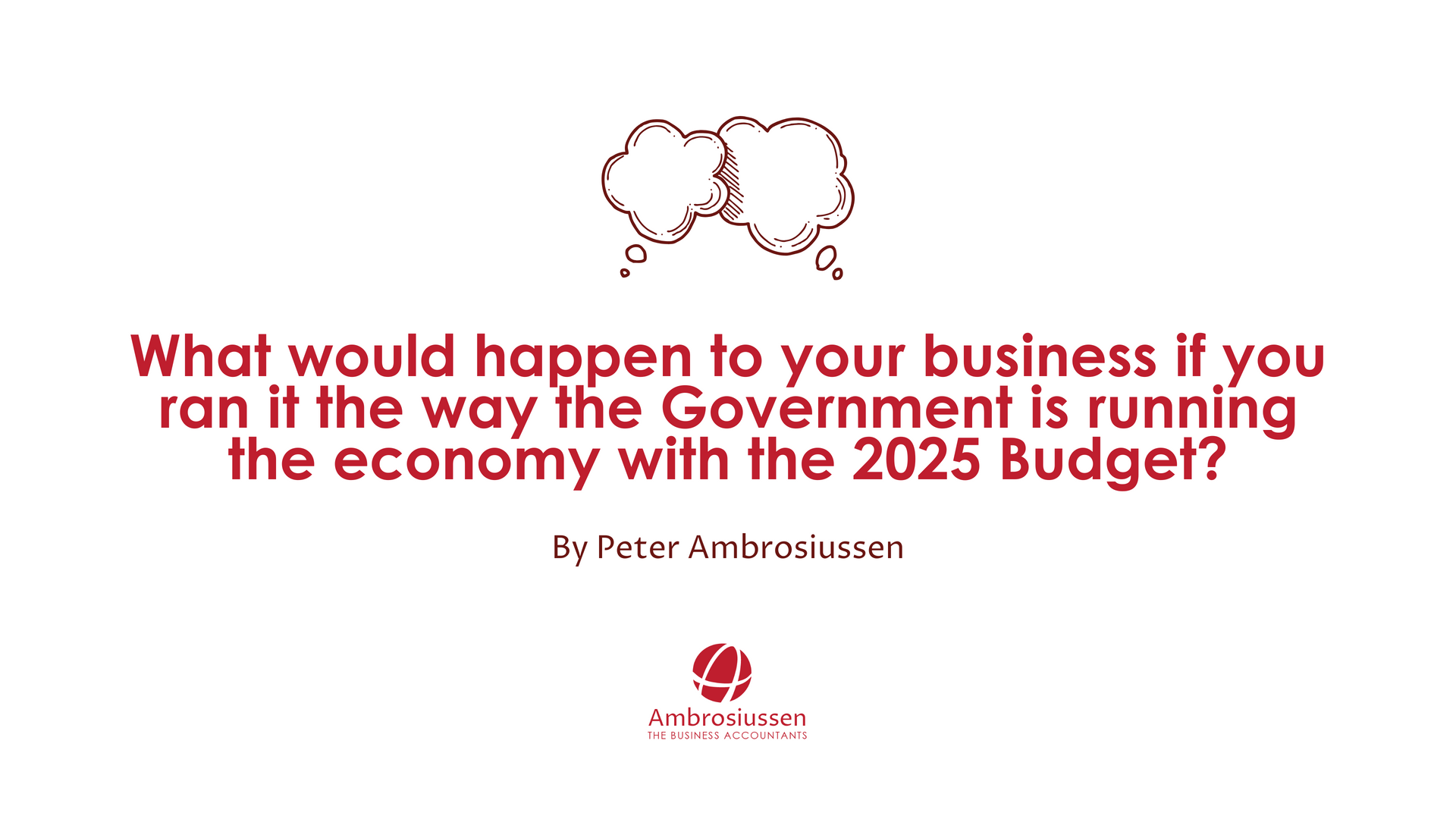Avoiding the Christmas Tax Grinch!
November 11, 2024
Rather listen to this blog? Click play below.
The Christmas season inspires us to share and give freely. Yet the tax office, playing Ebenezer Scrooge, sets strict boundaries on this generosity. But amidst the cheer, the Australian Taxation Office (ATO) has some guidelines to keep in mind. Let's explore these considerations to ensure your generosity lands well with both your team, customers, and the taxman.
Employers face FBT on certain perks provided to employees or their family members. This tax burden comes on top of the actual cost of the benefit itself. It's a restrictive measure that particularly impacts retail and hospitality spending, though it aims to create fairness for individual taxpayers who can't claim everyday work expenses like lunch.
FBT is separate from income tax. It's calculated on the taxable value (the private value) of the fringe benefit. However, the Minor Benefits Exemption allows for certain gifts and benefits under $300 per employee to be exempt from FBT.
Christmas bonuses
If you are planning to provide your team with a cash bonus rather than a gift voucher or other benefit, remember that this will be taxed in much the same way as salary and wages. This is paid through the payroll system (and normally needs superannuation paid on top of the bonus).
Tax effective ways to give staff gifts
If you are considering making a gift to your employees, there are some things you can consider that may give your business a better tax result.
Is the gift ‘entertainment’ or not - under the ATO’s definition?
The ATO casts a broad net on "entertainment." Food and drinks, especially off-site, recreational activities, and even travel related to entertainment fall under this category.
“Non-entertainment” benefits provided to employees are usually exempt from FBT if the total cost is less than $300 (inclusive of GST) per employee. Some examples of non-entertainment gifts include flowers, non-entertainment based gift vouchers (Coles/Myer, Bunnings, Woolworths, etc), and hampers. The good news is that a tax deduction and GST can still be claimed for these types of gifts.
Entertainment gifts would include paying for a holiday, industry awards nights, day spa treatments, and tickets to see a movie, sporting event or a theatre show. If the gift is ‘entertainment’ and under $300 (GST inclusive), FBT wouldn’t be payable, but you wouldn't be able to claim a tax deduction or GST credits.
To qualify as a minor benefit, gifts must be occasional and not regularly expected. Recurring gifts, like gym memberships or multiple vouchers exceeding $300 per employee, are not exempt from FBT.
Aside from the tax issues, think about what will be of value to your team. The most appreciated gift is the one that means something to the individual.
FBT on the Christmas party
Keep off-site celebrations under $300 per person to sidestep FBT using the minor benefits exemption. While this means no tax deductions or GST credits, you'll avoid the FBT hit - depending on your other entertaining activities throughout the year.
If you're planning to give gifts and host a party, it's best to do them at different times. This way you can get the $300 minor benefit exemption for both the gift and party.
If your business hosts more extravagant parties and goes above the $300 per person minor benefit limit, you will need to pay FBT - but you can also claim a tax deduction and GST credits for the cost of the event.
Giving to clients tax effectively
The most effective way of sharing the Christmas joy with customers and clients is not necessarily the most tax effective. For example, if you take your client out or entertain them in any way, it’s not tax deductible and you can’t claim back the GST. That doesn’t mean you can’t do it - but there’s no tax benefit.
There are specific rules designed to prevent tax benefits from being claimed when the expenses relate to entertainment, regardless of whether there is an expectation of generating goodwill and increased business sales. Restaurants, a show, golf, and corporate race days all fall into the ‘entertainment’ category.
This baffles many businesses because these activities are done to generate more sales and grow business relationships. The ATO sees these as entertainment and won’t let you get a tax benefit.
However, if you send your customer a gift, then the gift is tax deductible as long as there is an expectation that the business will benefit (and assuming the gift is not entertainment as described above).
The bottom line
Before spreading your festive cheer too far and wide, a quick chat with your accountant could save you from unwanted tax surprises. They can help structure your Christmas giving to maximise the benefits while keeping the ATO satisfied.
While tax considerations matter, remember the true spirit of giving and generosity. The most valued gifts reflect the thoughtful consideration of the recipient. Just keep the ATO's rules in mind while spreading your Christmas cheer!




